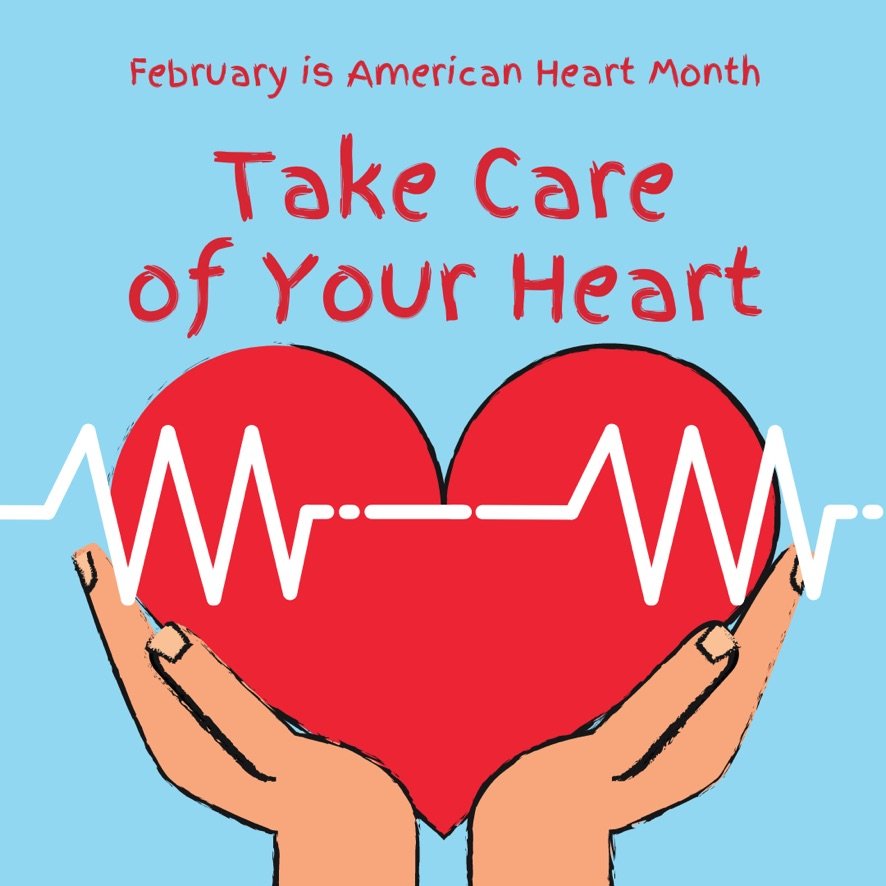February is National Heart Month - Know Your Numbers
We are happy to share the first of a series of articles written by Karen Radtke, MSN, APN. In addition to her nursing credentials, she is also a Board Certified Health Coach, with over 18 years experience in various healthcare settings, including primary care and chronic disease management.
February is Heart Health Month
February is American Heart Month, so it’s a good time to pay closer attention to factors that influence heart health. One of these factors to be aware of is the importance of knowing your numbers, in particular to know your cholesterol level, which can predict heart disease. There are actually several numbers to know. In a healthy adult, Total Cholesterol should be in the 90—199 mg/dL range; Triglycerides (a form of fat) should be less than 150 mg/dL; HDL (known as “good” cholesterol because it transports fat back to the liver to be broken down) should be ≥ 45mg/dL in men, and ≥ 55 mg/dL in women; LDL (also known as “bad” cholesterol because high levels are strongly linked to heart disease) should be less than 100 mg/dL if you have risk factors for heart disease, or less 130 mg/dL if you are at low risk for heart disease.
However, don’t feel pressured into taking cholesterol medicine if your total cholesterol and/or your LDL is slightly above the normal range. Your Health Care Provider can order additional testing, such as the LDL particle size and High Sensitivity CRP, which measures vascular inflammation, to get a more accurate picture of your true risk for heart disease.
To learn more, you can contact Karen directly via email: kradtke7505@gmail.com
Karen Radtke, MSN, APN
Holistic Nurse Practitioner &
Board Certified Health Coach
Integral Health Solutions
http://Integralhealthsolutionswi.com
DISCLAIMER: All information provided, particularly any information relating to specific medical conditions, health care, preventive care, and healthy lifestyles, is presented for general informational purposes only. It should not be considered complete or exhaustive and does not cover all disorders or conditions or their treatment.
The information provided is not intended as a substitute for the advice provided by your own physician or health care provider, and may not necessarily take your individual health situation into account.

